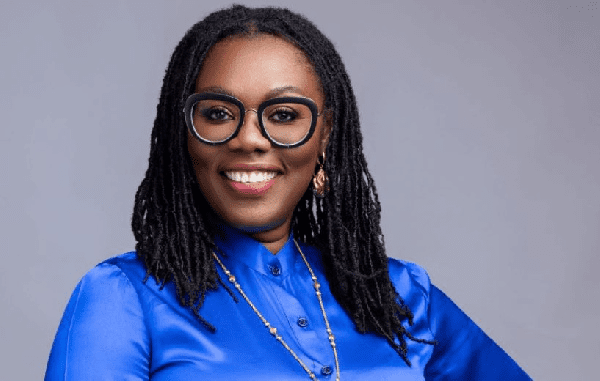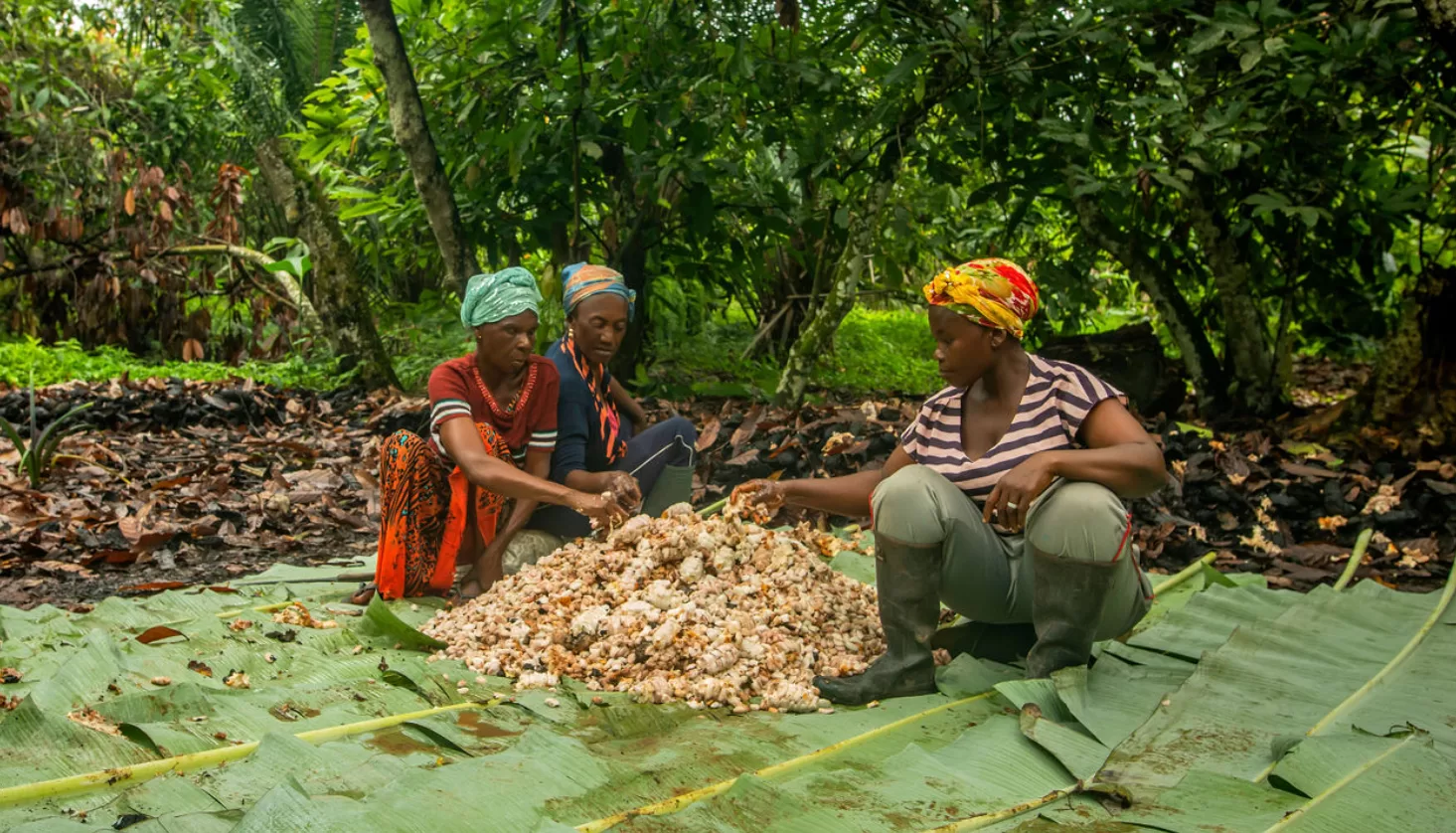The Electoral Commission (EC) has aborted plans to use a new Constitutional Instrument (C.I) to govern the 2024 General Election.
This means that the Ghana Card will not be the sole identification document for the next voters’ registration exercise ahead of the General Election.
The existing C.I. 126, which was passed by Parliament ahead of the 2020 General Election, recognises the use of the passport and the guarantor system as valid means for new registrants to prove their identity as Ghanaians.
The EC’s decision to maintain C.I. 126 also means that the guarantor system, which the Commission had intended to abolish in subsequent registration exercises, would be applicable for new registrants.
These were some major fallouts of an Inter-Party Advisory Committee (IPAC) meeting held in Accra on Thursday, chaired by Mrs Jean Mensa, Chairperson of the EC.
Representatives of the two major political parties – the New Patriotic Party (NPP), and the National Democratic Congress (NDC) – told journalists after the meeting that the EC had also rescinded its decision to abolish the use of indelible ink in the 2024 Election.
The parties said the EC also agreed to extend the next limited voters registration exercise beyond its district offices to cover electoral areas that are “hard to reach”.
The Commission is said to have announced the creation of 4,000 more polling stations in addition to the over 38,000 existing polling stations for the 2024 General Election.
The EC also tabled its calendar for the 2024 Election and granted the parties the opportunity to make input.
Dr Edward Omane Boamah, Director of Elections, NDC, said the meeting was cordial and welcomed the EC’s decision to utilise the guarantor system in the next limited voters’ registration exercise.
“We have always used evidence that the 2023 Limited Registration, over 60 per cent of the registrants registered through the guarantor system and not either the passport or the Ghana card.
“Therefore, if within a short period of less than one year, the EC was going to jettison the guarantor system through a new C.I., it would have meant that the EC was going to disenfranchise a lot of Ghanaians,” he said.
He said the NDC would continuously evaluate the guidelines for the 2024 Election and ensure that the timelines were met.
Mr Evans Nimako, the Director of Elections, NPP, said the NPP was in support of the abolishment of the guarantor system to sanitise the electoral roll, but would accept the EC’s decision and make sure “the right things are done”.
“The NPP will not support stakeholders to guarantee for minors and non-citizens to be on the electoral roll.
“It was the reason why the NPP was in full support of a new C.I. that will ensure that it is the Ghana card that would be used,” he said.
Ms Janet Nabla, General Secretary, People’s National Convention, expressed concern that the EC reverted to the old system “without introducing any modernity” in the electoral process.
Mr Remy Paa Kow Edmundson, National Secretary, PPP, said the Party was excited about the ECs decision not to restrict the limited voters’ registration to its district offices.
In the EC’s 2024 Election programme, the Commission is expected to receive nominations of candidates for this year’s presidential and parliamentary elections from September 9 to 13.
This will be followed by the balloting for positions on the presidential ballot paper on September 23, 2024, and the parliamentary balloting on September 24, 2024.
The Commission expects to declare the results of the 2024 presidential polls within three days of the voting exercise.


 Sports3 days ago
Sports3 days ago
 Business3 days ago
Business3 days ago
 Business3 days ago
Business3 days ago
 Health3 days ago
Health3 days ago
 Business3 days ago
Business3 days ago
 Politics3 days ago
Politics3 days ago
 Entertainment3 days ago
Entertainment3 days ago
 Politics3 days ago
Politics3 days ago















